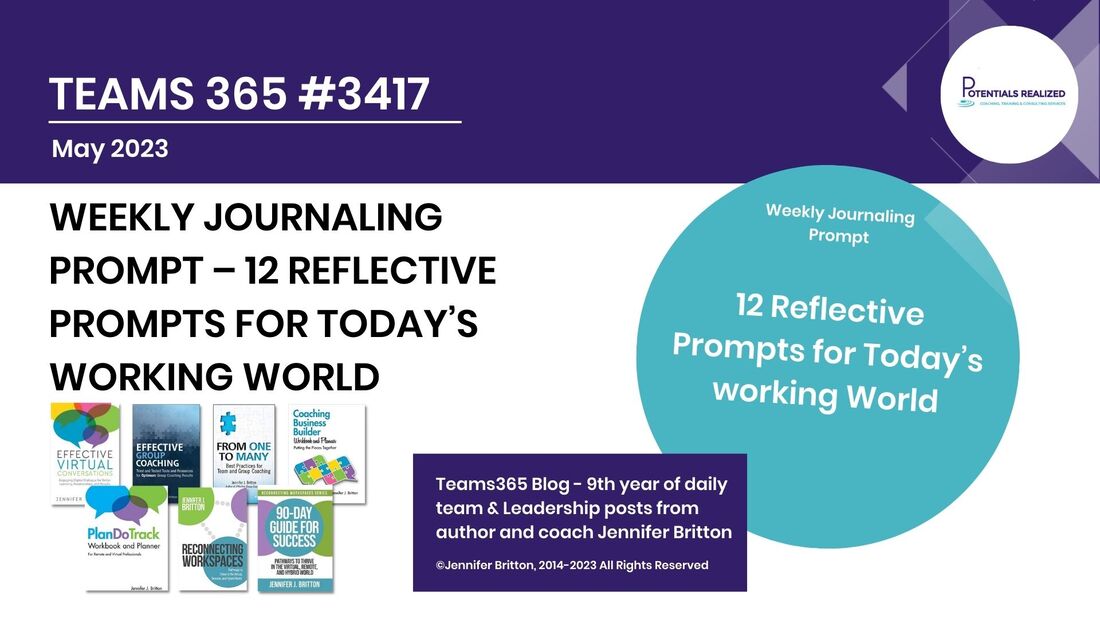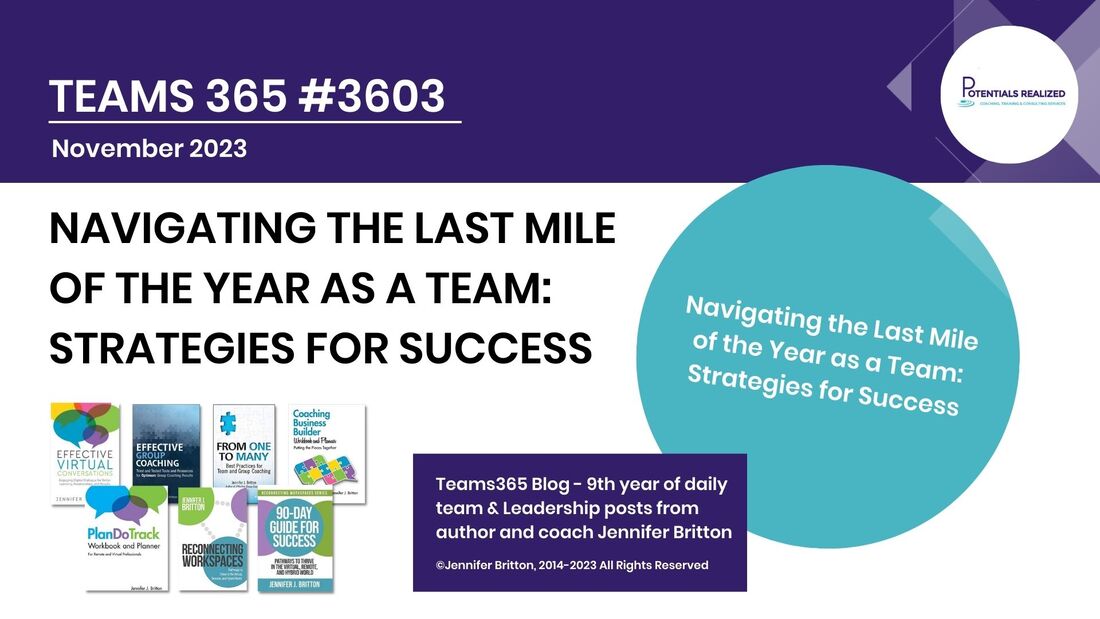1. **Open Communication:** Transparent communication is key during times of change. Leaders should keep their teams informed about the reasons behind the change, its potential impact, and the vision for the future. Encourage open dialogue, where team members can express their concerns, ask questions, and provide feedback. This fosters a sense of trust and inclusivity, helping everyone feel heard and valued.
2. **Clear Goals and Roles:** During times of change, roles and responsibilities may shift, requiring clarity to avoid confusion and conflicts. Set clear goals and objectives, outlining what needs to be achieved and how each team member contributes to the overall success. Clearly define roles, ensuring everyone understands their responsibilities and how they fit into the bigger picture.
3. **Flexibility and Adaptability:** Change often brings unforeseen challenges and disruptions. Encourage flexibility and adaptability within the team, emphasizing the importance of being open to new ideas, approaches, and ways of working. Encourage a growth mindset, where mistakes are seen as opportunities for learning and innovation.
4. **Empowerment and Support:** Empower team members to take ownership of the change process and contribute their ideas and solutions. Provide support and resources to help them navigate uncertainties and overcome obstacles. Offer training and development opportunities to enhance skills and build confidence in handling change effectively.
5. **Celebrate Progress:** Acknowledge and celebrate small wins and milestones along the way. Recognize the efforts and achievements of individual team members and the team as a whole. Celebrating progress boosts morale, motivation, and resilience, reinforcing the team's ability to overcome challenges and achieve success.
6. **Resilience Building:** Change can be draining, both emotionally and mentally. Foster resilience within the team by promoting self-care, work-life balance, and stress management techniques. Encourage peer support and camaraderie, where team members can lean on each other for encouragement and motivation during challenging times.
7. **Continuous Evaluation and Improvement:** Change is not a one-time event but a continuous process. Regularly evaluate the effectiveness of your change management strategies and solicit feedback from team members. Identify areas for improvement and make necessary adjustments to optimize the team's performance and adaptability.
In conclusion, navigating change as a team requires a combination of effective communication, clear direction, flexibility, empowerment, resilience, and continuous improvement. By embracing change as an opportunity for growth and collaboration, teams can not only survive but thrive in today's dynamic business environment. With the right mindset and strategies in place, teams can navigate change successfully and emerge stronger, more resilient, and more united than ever before.
CEO, Head Coach and Author
Potentials Realized | Group Coaching Essentials
Leadership | Teamwork | Coaching
Contact: 1-416-996-8326
Email: [email protected]
Instagram:@ReconnectingWorkspaces @CoachingBusinessBuilder
Pick up a copy of Reconnecting Workspaces: Pathways to Thrive in the Virtual, Remote and Hybrid World at Amazon – https://bit.ly/reconnectingworkspaces.
Check out my latest TEDx talk – Coaching Teams Through Chaos at https://www.ted.com/talks/jennifer_britton_coaching_teams_through_chaos
Set up a call with myself or my team to learn more about how we can support you through our award-winning ICF CCE approved Coach Training programs – https://calendly.com/potentials-realized/group-coaching-essentials


 RSS Feed
RSS Feed





